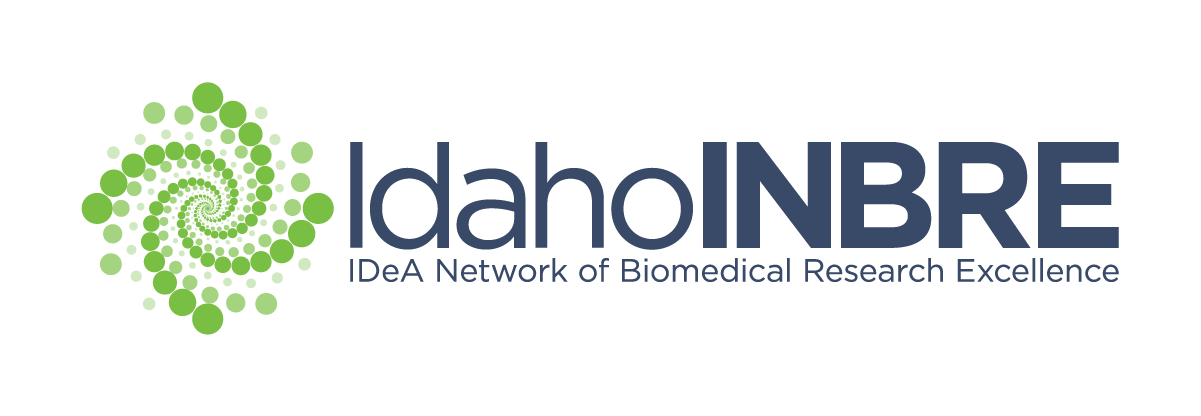
- Name: Nathan R. Schiele, Ph.D.
- Institution: University of Idaho
- Department: Chemical and Biological Engineering
- Phone: 208-885-9063
- Email: nrschiele@uidaho.edu
- Website: https://www.uidaho.edu/engr/departments/chbe/our-people/faculty/nathan-schiele
Summary: The long-term research goals of the lab are to develop effective therapies to prevent tendon injury and improve tendon repair. Tendon is a strong, collagenous tissue that transfers force from muscle to bone. As tendon is a critical component of the musculoskeletal system, disease and injury significantly impair human motion. Due to high mechanical loads, overuse, and an aging population, tendon injuries are frequent and their incidence of injury is on the rise. Unfortunately, tendons have poor healing ability and the mechanical function of tendon does not return to pre-injury levels. There are few treatment options, which motivate the need for engineered tendon replacements, regeneration strategies, and therapies. To development effective therapies, a better understanding of how mechanical loads influence tendon cell behavior is needed. Our research focuses on investigating how mechanical loads influence cell behavior to inform strategies aimed at preventing injury, engineering replacement tissues and improving tendon regeneration.
If you have any questions or would like to learn more, please do not hesitate to email me at nrschiele@uidaho.edu.
Minimum Classes: N/A
Projects: There are a few potential projects related to understanding how mechanical loading influences tendon cells. Specifically, an INBRE fellow may work on characterizing an in vitro engineered tissue system to study tendon cell mechanobiology. An additional project will aim to identify what role specific cell signaling pathways play in the tendon cell response to mechanical loading. We use a wide variety of techniques to conduct this research. An INBRE fellow may learn western blotting, immunofluorescence staining and microscopy, mammalian cell culture in 3-dimensional tissue engineered scaffolds, and mechanical evaluation of materials.



